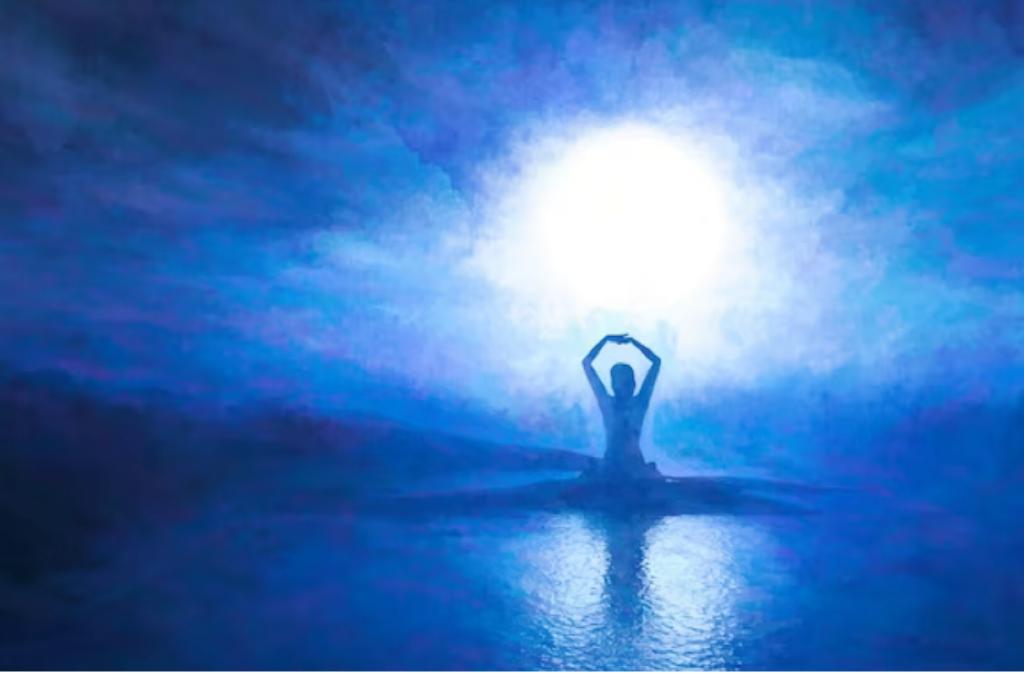the discomfort

“There is nothing that costs a man more effort than changing from one habit to another, because it forces him to do the two things that hurt him most: think and feel.” How I have recently remembered this phrase that I heard my friend and teacher Germán Dehesa say, which he attributed to the French writer Marcel Proust, whom he so admired.
We know that the feelings and thoughts provoked by the unknown surface not only when changing from one habit to another, but also when faced with novelty, difference, and challenges, such as climbing a mountain, practicing a new language, performing a yoga posture, immersing ourselves in an ice bath, or learning a technology program. We fear showing ourselves as insecure, vulnerable, small, clumsy, and incapable. In short, we feel what we avoid by all means, physically, emotionally, and mentally: discomfort.
As absurd as it may sound, I've realized that what happens on the yoga mat, just like in the other examples I mentioned, is a reflection of life itself. However, when we face a new situation, which initially seems difficult, we learn much more about ourselves. We become aware of how we react to stress, how our mind and body behave, and how well we are able to maintain control under pressure.
One morning, when I went to yoga class, our moans could be heard in the room as we tried to get into the posture (asana) that the teacher had put into practice quite naturally. It was one of those positions that are a true challenge, demanding concentration and willpower, and forcing the mind to quiet, when what it really wants is to get out of the position, due to the great discomfort it causes.
However, I realized that although I was suffering in that asana,if I accepted the discomfort, breathed consciously, and directed my mind toward the gratitude of being there with my friends, healthy, doing what I was doing in that moment, and making an effort without demanding perfection, then I relaxed, and the time in the posture seemed shorter. In other words, by facing the fear of discomfort, I neutralized the "thinking" Proust referred to, and in that way, my feelings became more acceptable and bearable.
The curious thing is that when we think about what we fear and avoid discomfort, the mind and the ego voice dramatize everything, magnifying the risks and dangers, and if we pay attention to them, we become smaller inversely proportional. On the other hand, when we accept our fears—whether of making a fool of ourselves, looking clumsy, or anything else—the opposite happens: we grow, and it's the fears that shrink.
When we face our limitations, whether on the mountain, in an ice bath, or on a yoga mat, we realize that situations are never unbearable; instead, they bring forth a strength we didn't know we had. It is precisely discomfort that makes us grow and builds reserves of resilience for when greater challenges arise. But overcoming discomfort requires understanding that the voice of the ego amplifies threats, distorts facts, and underestimates us.
Overcoming discomfort and transforming it into joy, high self-esteem, and mastery requires large doses of humility, time, willpower, and tenacity—all of which the ego dislikes. The best part is that the results don't just show up in the realm where we feel challenged, but extend into our entire lives.
Could discomfort be the gateway to growth for everything in our lives? I'll keep trying...
